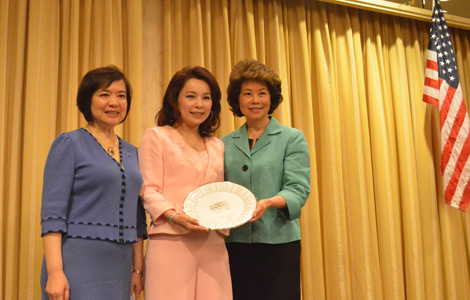Education and the purpose of philanthropy
Updated: 2014-08-02 07:43
By Raymond Zhou (China Daily)
|
||||||||
|
 |
|
 |
A few years ago, Zhang Lei, a Chinese financier, donated $8.88 million to Yale University, his alma mater. Had he been better known, he would have borne the brunt of a major ill-will campaign.
Detractors, for all their misplaced zeal to dictate private citizens' choice of charity, do apply a crude principle of economics when they see something like that. For a school such as Harvard, they reason, this money is the icing on the cake. It has so many donors that Pan's money would not yield the highest return on investment, if it is seen as an investment.
More bang for your buck
Ordinary Chinese do not use calculus to figure out which school needs donations the most, but we do have two colorful sayings that correspond to the rule of microeconomics: "Adding flowers to a big bouquet", and "Sending charcoal to someone trapped in snow." You get more bang for your buck if you do the latter, but that will require independent thinking.
Most investors, professional or otherwise, would follow the herd mentality and chase objects everyone else is already hotly pursuing. You would feel you have rubbed off some of the glitter if you give money to Harvard or Tsinghua University in China. In fact, the top universities in China get proportionately much more in both private donations and public funding. They are the largest, most-prominent bouquets in the garden of higher education, and throwing roses or petals at them would probably yield more psychological returns than tangible ones.
By this yardstick, the problem with charity recipients is not their nationality, but rather which is in dire need of such help. Harvard may have a much larger budget than Tsinghua, which, in turn, is much better funded than a regular college in China. The ones most worthy of such financial assistance, as the logic goes, are those in poverty-stricken areas that cater to the lowest-income families.
For more X-ray stories, click here
Most Viewed
Editor's Picks

|

|

|

|

|

|
Today's Top News
69 dead, 150 injured in E China factory blast
Ebola-stricken American aid worker en route to U.S.
Obama hosts Africa summit with an eye on legacy
'Military drill isn't targeting any nation'
Snyder back to China to lure biz
Multinational bribery cases on rise
Alibaba may buoy mobile portfolio
'Drill isn't targeting any nation'
US Weekly

|

|














